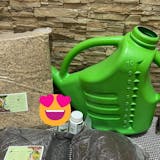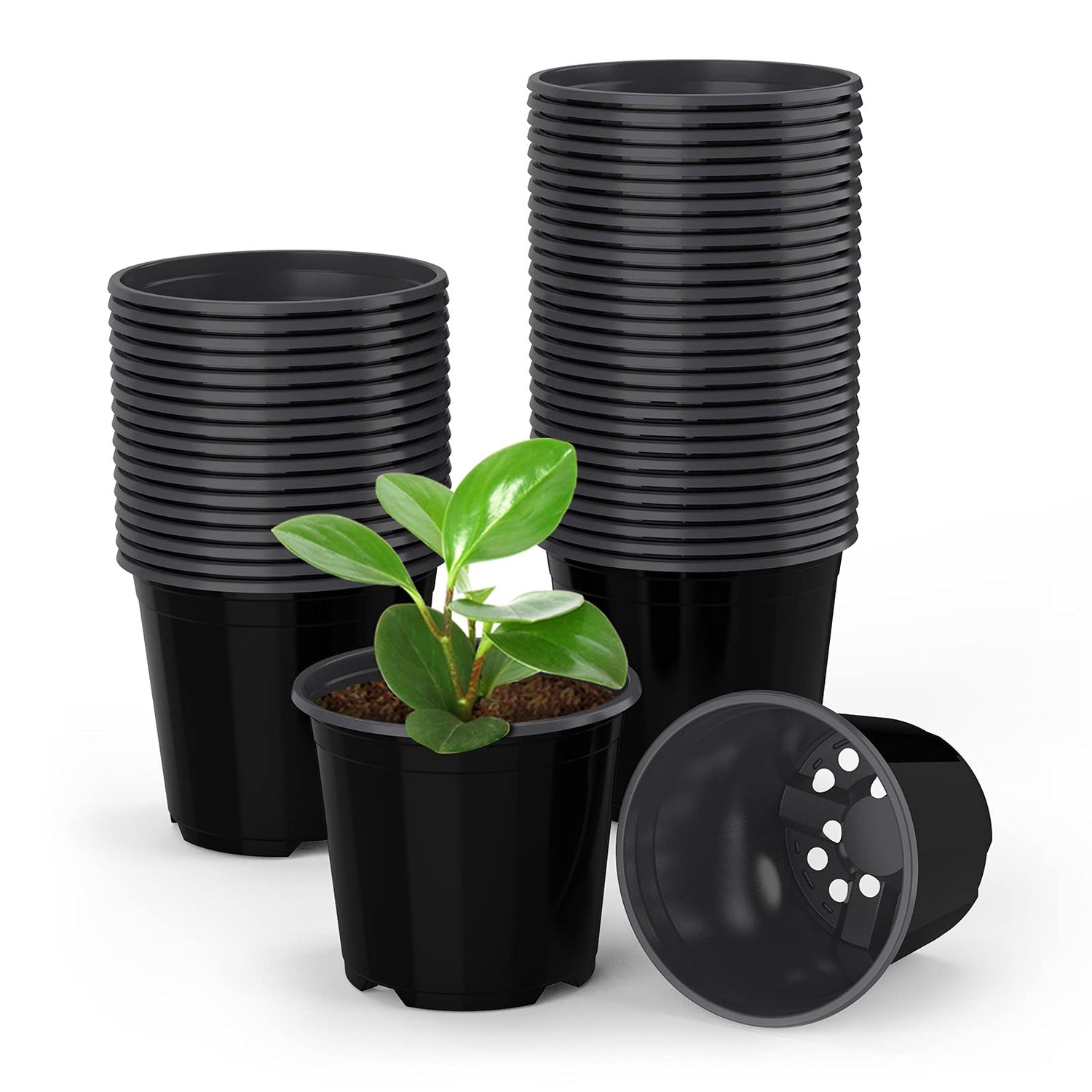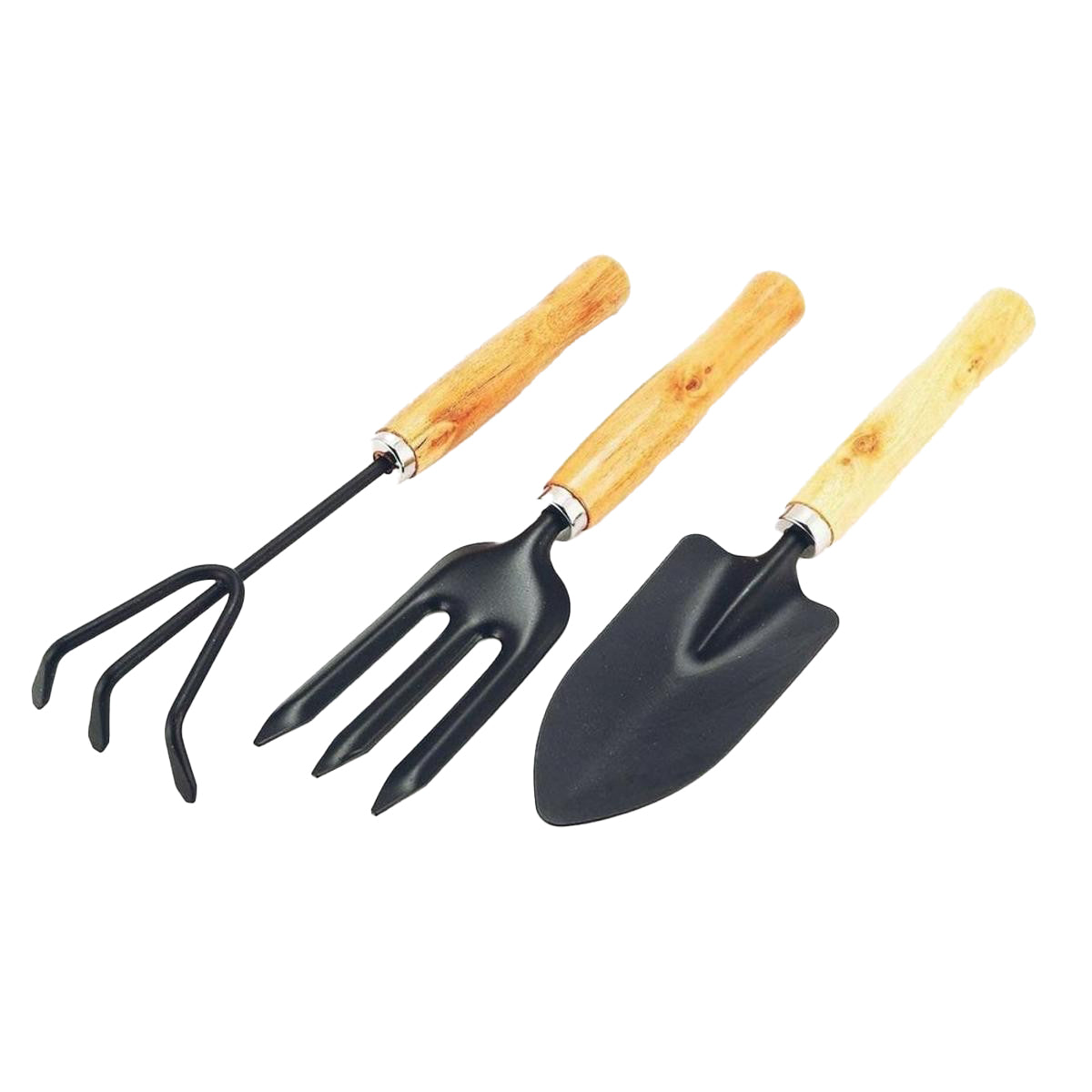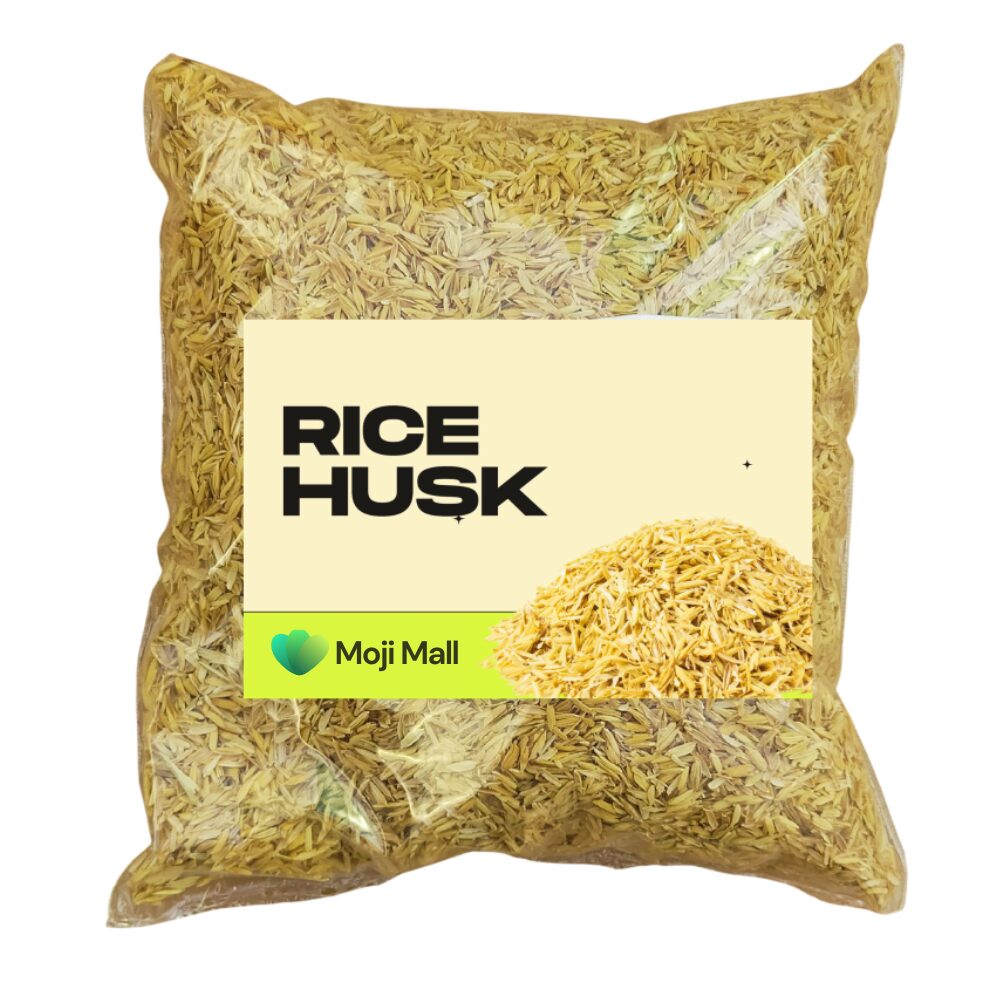
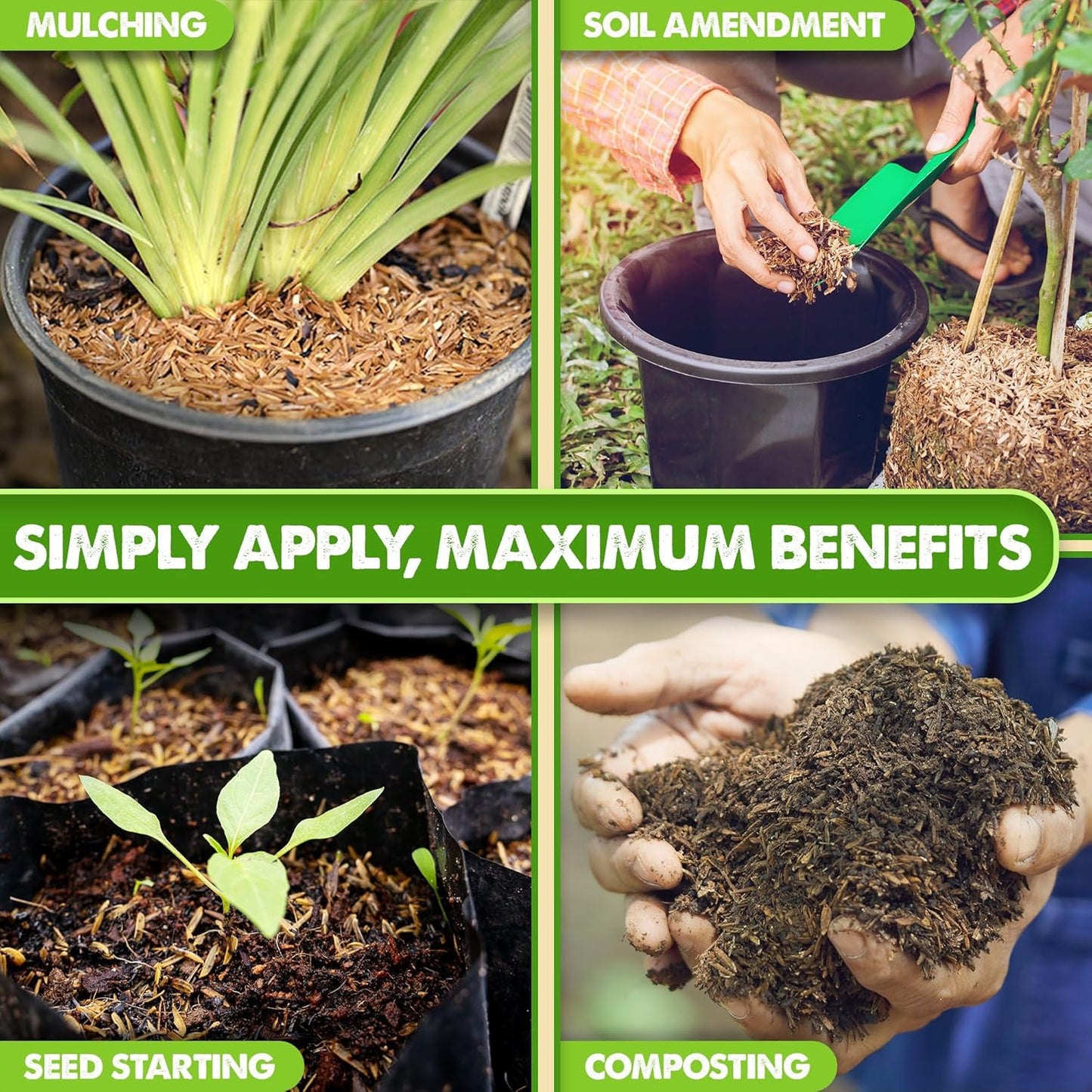
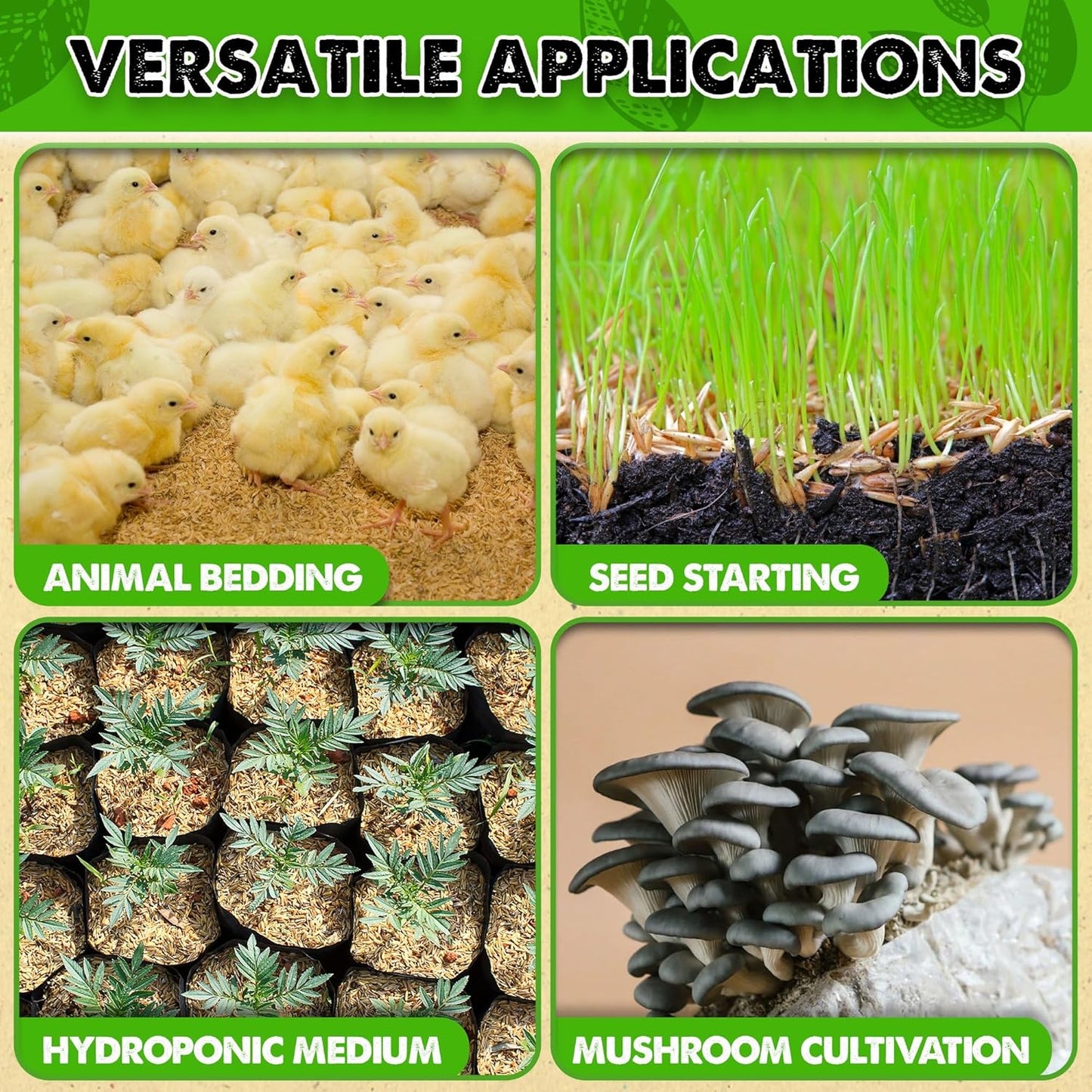
Rice Husk (also known as rice hulls or chawal ka bhusa) is a natural, carbon-rich soil additive that improves drainage, keeps potting soil airy, and supports healthy root development. It’s especially useful in container gardening, where poor drainage and compact soil often cause plant stress.
Ideal for potting mixes, seed trays, compost bins, and top dressing, rice husk is lightweight, eco-friendly, and safe for all plant types — from vegetables and flowers to herbs and fruiting plants.
Who Should Use This?
If you’re growing in balcony pots, seed trays, grow bags, or raised beds and notice compacted or soggy soil, rice husk helps lighten the mix, increase oxygen flow, and improve overall soil texture — without harming your plants.
Benefits
- Better Drainage: Prevents water buildup by letting excess moisture flow out easily
- Air Circulation: Keeps soil loose so roots receive oxygen and grow well
- Compost Booster: Adds carbon to balance kitchen waste and improve airflow
- Moisture Control: Helps retain moisture and suppress weeds when used as mulch
- Slow Breakdown: Decomposes over time, enriching soil without compacting it
How to Use
🪴For Potting Soil in Pots or Grow Bags:
- Mix 20–30% rice husk with soil and compost for light, breathable potting media
- Combine with cocopeat and vermicompost for balcony or grow bag planting
🌱For Seedling Trays or Starter Mixes:
- Blend into seedling trays to prevent fungal damping-off and improve airflow
♻️For Composting Kitchen Waste:
- Add as a carbon-rich (browns) ingredient to balance nitrogen from kitchen waste
- Helps reduce smell and keeps compost pile well-structured
🌞For Mulching Soil in Pots or Beds:
- Spread a 1-inch layer on top of soil in beds or pots to retain moisture and suppress weeds
- Ideal for summer to prevent soil crusting and heat damage
FAQs
Can I store rice husk outdoors?
Yes, but keep it in a dry place. If left exposed to rain or damp corners, it may attract rodents or grow mold.
Can it fully replace perlite or sand in potting mix?
It’s a great natural alternative but not a full replacement. For best results, combine with compost, cocopeat, or other soil conditioners.
Is this safe for edible plants?
Absolutely. It’s organic and safe for all herbs, leafy greens, vegetables, and fruiting plants — just mix into your soil or compost as needed.
Will it affect my soil pH or harm roots?
No — rice husk is pH-neutral and safe for all root zones. It doesn’t burn or leach harmful substances.
Can I use only rice husk to grow plants?
No — it should be part of a mix. On its own, it doesn’t retain enough moisture or nutrients to support plant growth.





